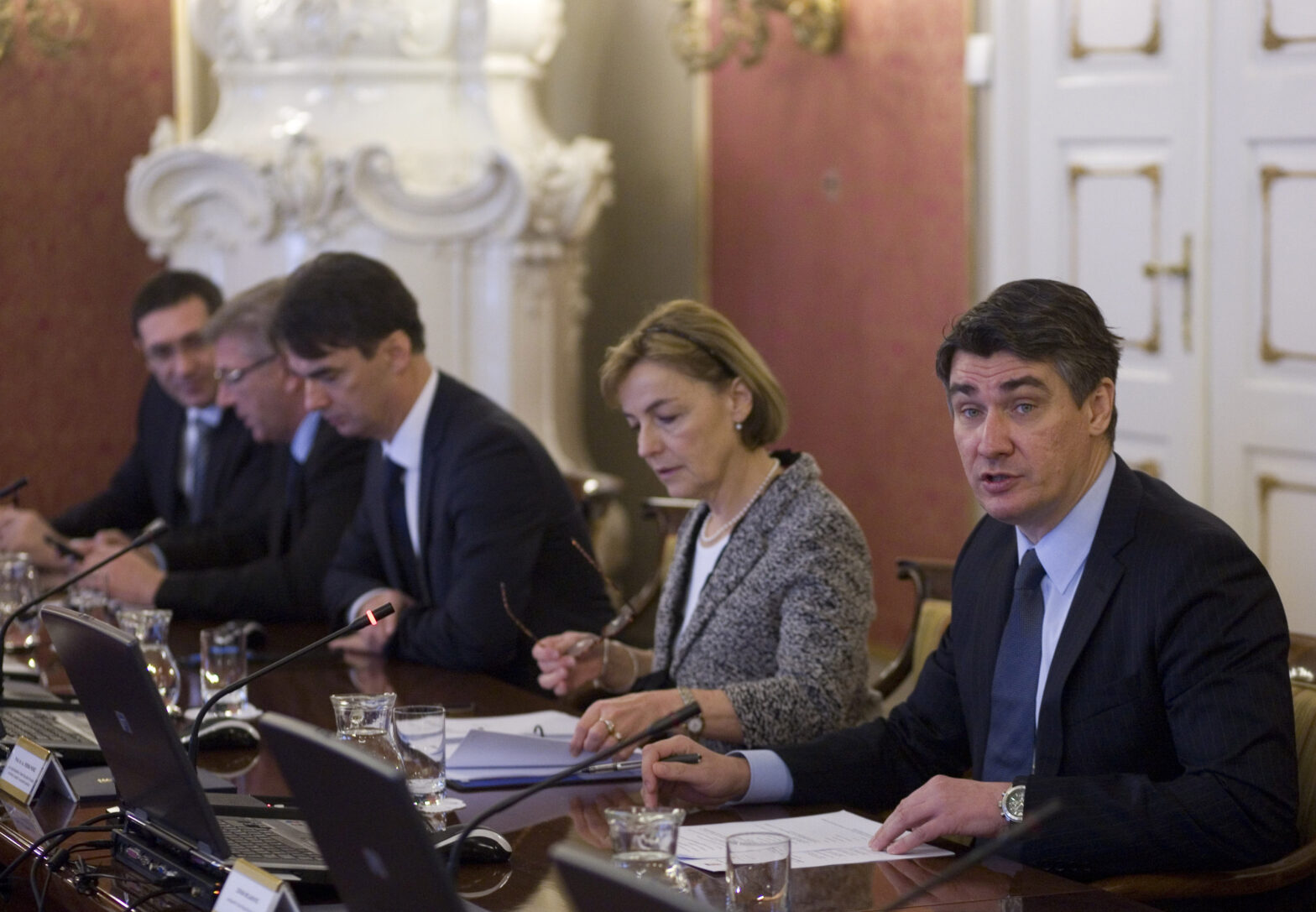The government sent to parliament on Thursday a bill on Croatia’s strategic investment projects aimed at encouraging investments by shortening and simplifying administrative procedures.
The bill defines criteria for the selection of strategic projects, including compliance with physical plans, capital costs of at least HRK 150 million, and the possibility of co-financing from European Union funds and programmes with capital costs of at least HRK 75 million.
The final decision on the strategic projects would be made by the government, which would set up a commission to evaluate them.
Prime Minister Zoran Milanovic said the bill defined the chain of responsibility for the implementation of investment projects. He said he did not advocate the state’s presence everywhere but that when it took part in economic projects, it should be clear and tough, even merciless if need be.
Milanovic said he disagreed with a European Commission report which said that there was room for more taxes in Croatia. He said the tax burden in Croatia was medium, which was enough.
Deputy Economy Minister Alen Leveric said no strategic investment project would be possible unless it was envisaged in physical plans.
Regional Development and EU Funds Minister Branko Grcic said the bill was revolutionary because it defined regulations on special areas, management of state-owned property, concessions and faster administrative procedures.
He said state institutions would have a maximum four weeks to take a position on a project, and that for the first time institutions and persons in charge would be penalised for not sticking to deadlines.
Grcic dismissed objections that the bill created a grey zone for state property management, and announced that a catalogue of 40 big state projects would be presented soon.
Tourism Minister Darko Lorencin said the bill was part of the government’s system to improve investment support, while Foreign Minister Vesna Pusic said that when enacted, the bill would provide the government with a strong economic diplomacy instrument.
Reporters were shown two projects demonstrating the bill’s advantages. The first is a EUR 200 million investment in a tourist resort which will require four administrative steps and five months for construction to begin, instead of seven steps and two years as would have been the case until now.
The second is a EUR 150 million investment in a glass factory, with administrative steps shortened from two years to nine months.
The government would not reveal the investors.
